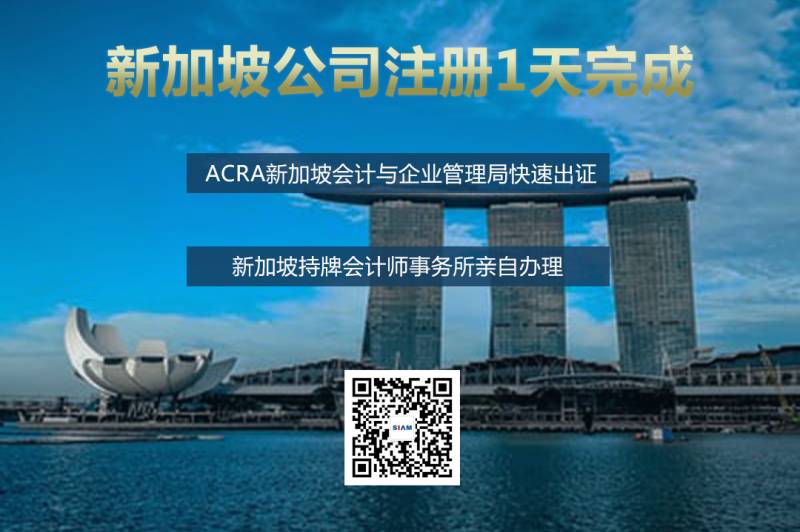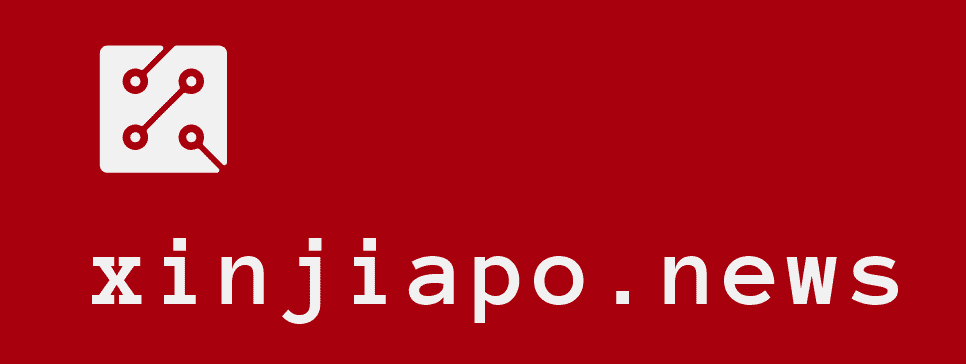新加坡公司如何避税?逃税的结局会是如何
没有人喜欢纳税,但纳税是法律规定的义务。“避税”与“逃税”这两个词经常被互换使用,但它们其实是完全不同的概念,避税是合法行为,逃税则是犯罪。
避税安排
避税安排通常是人为的、或是较少/不具商业用途的安排,目的是获得所得税法规定以外的税收优惠。
逃税
逃税是一项刑事罪行,泛指通过非法手段来减少纳税额或获得税收抵免/退税,例如虚报不存在的开销及未申报应课税收入。
反避税
《新加坡所得税法》第33条文阐明了一般反避税规定,以遏止境内的公然避税行为。在该条文下,所得税审计员(CIT)可以无视以避税为主要目的、而非出于真正商业目的的避税安排,并作出相应的调整。
没有依照避税安排进行的真正商业交易不在第33条文管制范围内,在特定税收规定下享有免税和税收优惠的公司和个人也不受第33条文的影响,前提是没有通过人为因素或非法手段来获得免税或税收优惠。
《新加坡所得税法》第33(1)条文为CIT提供了明确的指南,以下行为会被视为具有避税目的:
• 循环流动或周转资金;
• 为获得税收优惠而设立超过一个实体;
• 为获得税收优惠而更改商业实体的形式;和
• 与经济现实不相符的收入归属。
第33条文旨在遏止避税行为,并不会影响真正商业交易的税收结果。举例来说,(i)在本地银行或新加坡境外的银行存放资金,(ii)直接为雇员提供住宿,而非提供应课税的住宿津贴,或(iii)没有汇出国外收入,都不会令CIT行使第33(1)条文赋予的权力。
税务规划
鉴于上述情况,符合法规的税务规划是不可或缺的。交易必须是基于商业目的而进行,而非以避税或减税为主要目的。

世诚国际(新加坡)会与您保持密切合作,以拟定最适合您公司的税收策略,并协助您的公司处理税务合规。
Tax Avoidance and Tax Evasion
Nobody enjoys paying taxes. But taxes are the law. The terms “tax avoidance” and “tax evasion” are often used interchangeably, but they are very different concepts. Basically, tax avoidance is legal while tax evasion is not.
Tax avoidance arrangementA tax avoidance arrangement normally involves an arrangement that is artificial, contrived or has little or no commercial substance and is designed to obtain a tax advantage that is not intended by Parliament.
Tax evasionTax evasion is a criminal offence which involves the reduction of one’s tax liability or obtainment of tax credits or refunds through illegal means such as the claim for fictitious or non-existent expense and the failure to declare taxable income.
Anti-avoidance
In Singapore, the general anti-avoidance provision is found in Section 33 of the Singapore Income Tax Act, which was enacted to curb the proliferation of blatant tax avoidance arrangements in Singapore. Section 33 empowers the Comptroller of Income Tax (“CIT”) to disregard and make relevant adjustments to arrangements which are carried out with tax avoidance as one of their main purposes and not for bona fide commercial reasons.
Bona fide commercial transactions which are carried out not in pursuance of any tax avoidance arrangement will not come within the scope of Section 33. Companies and individuals granted tax exemptions and concessions under specific tax provisions would not be affected by Section 33, provided that no artificiality or contrivance exists to exploit the exemptions or concessions intended by the Parliament.
To provide clarity and guidance on the types of arrangements which in CIT’s view would have the purpose of effect of tax avoidance within the meaning of Section 33(1) of the Singapore Income Tax Act, the examples in this section have been categorised into broad categories which contain a hallmark of tax avoidance. They are:
• Circular flow or round-tripping of funds;
• Set-up of more than one entity for the sole purpose of obtaining tax advantage;
• Changes in the form of business entity for the sole purpose of obtaining tax advantage; and
• Attribution of income that is not aligned with economic reality.
Section 33 is aimed at tax avoidance schemes designed to avoid tax and is not intended to interfere with the tax consequences of genuine commercial transactions. For example, (i) the placement of monies in a local bank or with a bank outside Singapore, (ii) the provision of housing accommodation to employees directly instead of giving a taxable housing allowance or (iii) the non-remittance of foreign income, is not intended to be the subject of the CIT’s exercise of his section 33(1) powers.
Tax planning
In view of the above, it is essential for legitimate tax planning to stay within the language and spirit of the law. Transactions must have been carried out for commercial reasons and not have the avoidance or reduction of tax as one of its main purposes.
At SIAM (Singapore), we work closely with you to identify tax strategies that work best within your organisation and manage your tax compliance.

















评论